
The old isolation wing at Oslo Prison, Norway.
Photo credit: Knut-Eric Ronningen ©
About
With the exception of the death penalty, solitary confinement is the most extreme sanction which may be legally imposed on prisoners.
The adverse effects of solitary confinement on the health and wellbeing of those subjected to it, particularly for prolonged periods, can be very serious.
Yet, since the 1990's there has been an increase in the use of strict, and often prolonged, solitary confinement in prisons and other places of detention across the world. This is a worrying development with potentially harmful consequences, not only for the individual concerned - but also for the wider communities to which they will eventually return.
This website is dedicated to examining the practice of solitary confinement in its various forms, in different jurisdictions. It was designed to accompany the Sourcebook on Solitary Confinement and expand on issues discussed therein.
The site is managed and maintained by Sharon Shalev
The site
A Sourcebook on Solitary Confinement
The Sourcebook on solitary confinement provides a comprehensive single point of reference on solitary confinement, its documented health effects, and professional, ethical and human rights guidelines and codes of practice relating to its use. The Sourcebook was supported by the Nuffield Foundation
Translations of the Sourcebook to Spanish, Russian, Mandarin, and French were made possible by the kind support of the International Committee of the Red Cross
Solitary Confinement in the UK
A report on the use of solitary confinement in segregation units and Close Supervision Centres in England and Wales, by Dr Sharon Shalev of the Centre for Criminology at Oxford University and Dr Kimmett Edgar of the Prison Reform Trust with funding from the Barrow Cadbury Trust.
Solitary Confinement in New Zealand
A series of reports examining the use of seclusion and restraint across different detention contexts in New Zealand. The first report, Thinking Outside the Box? was commissioned by the New Zealand Human Rights Commission with funding from the UN OPCAT, and conducted by an independent expert, Dr Sharon Shalev. The review included visits to seventeen different places of detention including prisons, health and disability units, a youth justice residence, a children's care and protection residence, and police custody suites. Two follow-up reports were published- one in 2020 and one in 2021.
'ISO': Prison isolation (solitary confinement) in the Netherlands
A comprehensive study of the use of solitary confinement, or ‘iso’ (short for ‘isolation’), in the Netherlands, focusing on ‘regular’ isolation units where people are isolated as punishment or as a protective measure. The study was commissioned by the Dutch Custodial Institutions Agency (DJI). It involved visits to seven different prisons and interviews with 87 individuals.
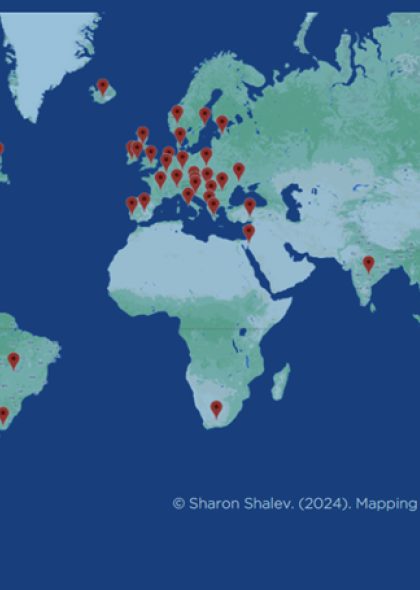
Mapping Solitary Confinement Report
This report presents key findings from a project which set out to examine the use of solitary confinement in prison systems across the world.
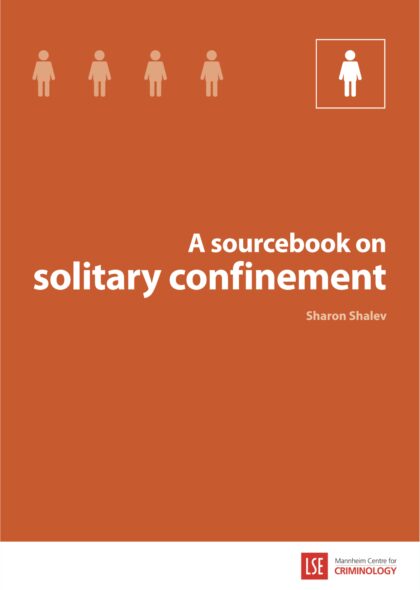
Sourcebook on Solitary Confinement
A comprehensive single point of reference on solitary confinement, its documented health effects, and professional, ethical and human rights guidelines and codes of practice relating to its use.
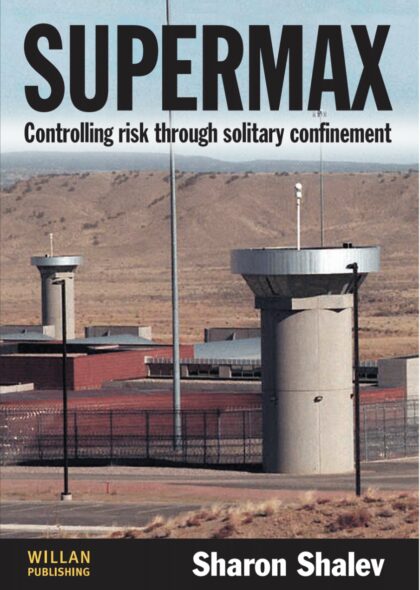
Supermax Prisons in the United States
The award-winning book examines the rise and proliferation of ‘supermax’ prisons in the United States since the late 1980s.
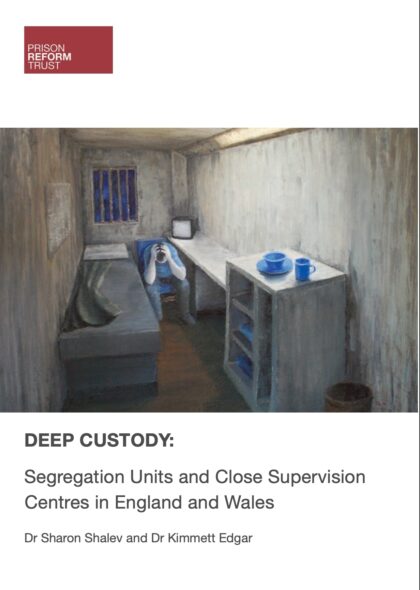
Solitary confinement in England & Wales
"Deep Custody" reports the findings of a comprehensive study of prison segregation units and close supervision centres in England and Wales.
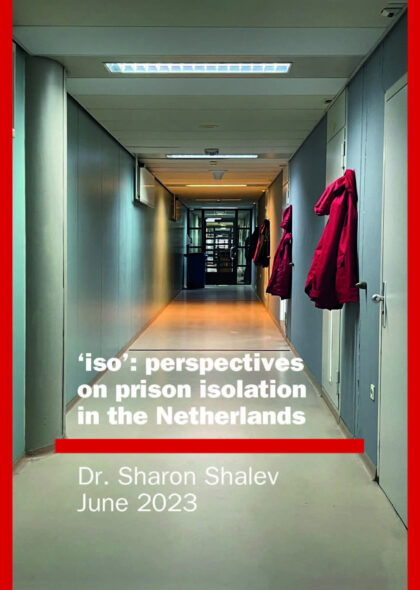
Solitary confinement in the Netherlands
Study of solitary confinement practices in the Netherlands.
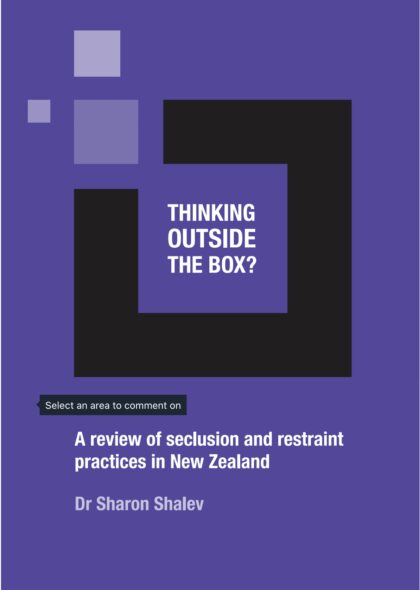
Solitary confinement in New Zealand
The use of seclusion and restraints across prisons, health and disability facilities, children and young people's residences, and police custody suites in New Zealand.
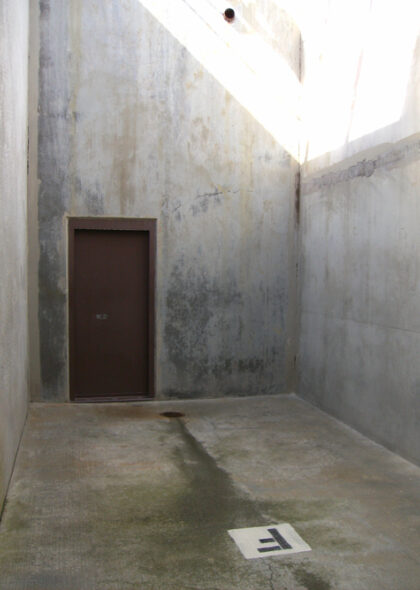
Istanbul Statement on solitary confinement
A statement on the use and effects of solitary confinement adopted by an international group of experts in Istanbul in December 2007.
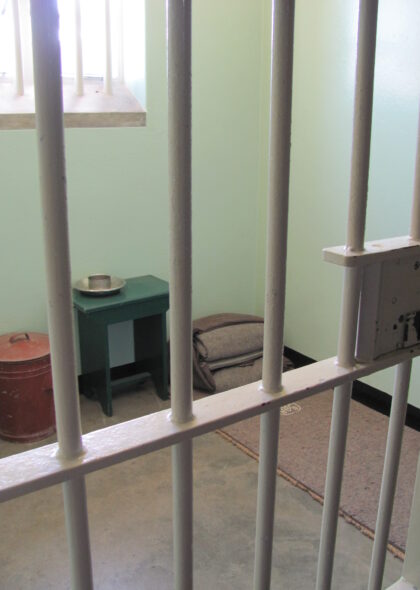
UN Nelson Mandela Rules
The "Nelson Mandela Rules" are a revision of the 1955 United Nations Standard Minimum Rules on the Treatment of Prisoners (SMR), adopted by the UN on 22 May 2015.